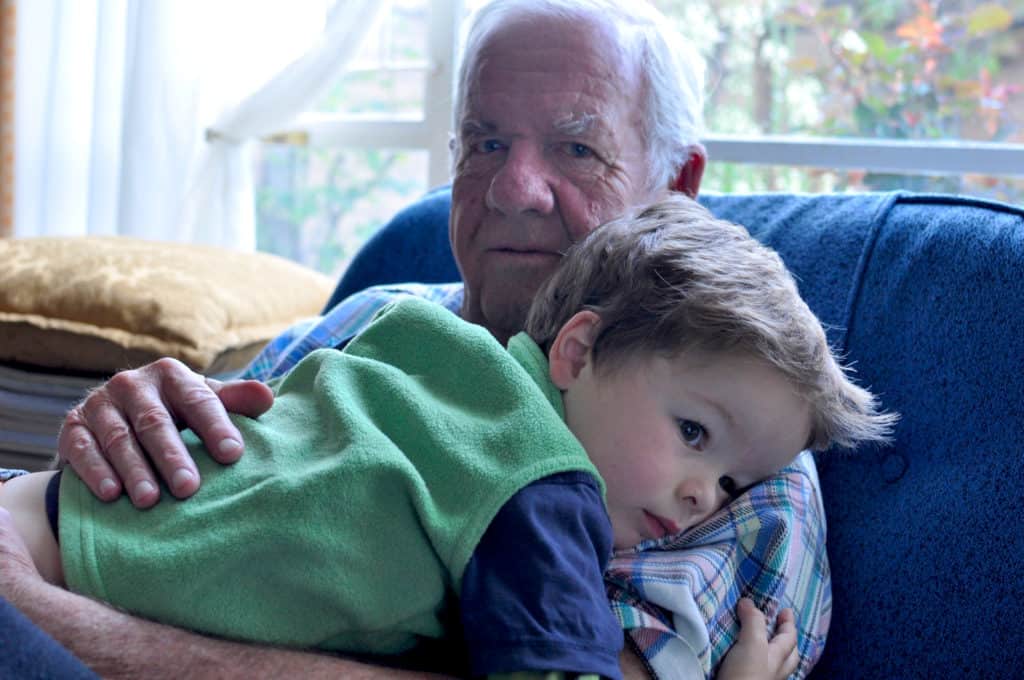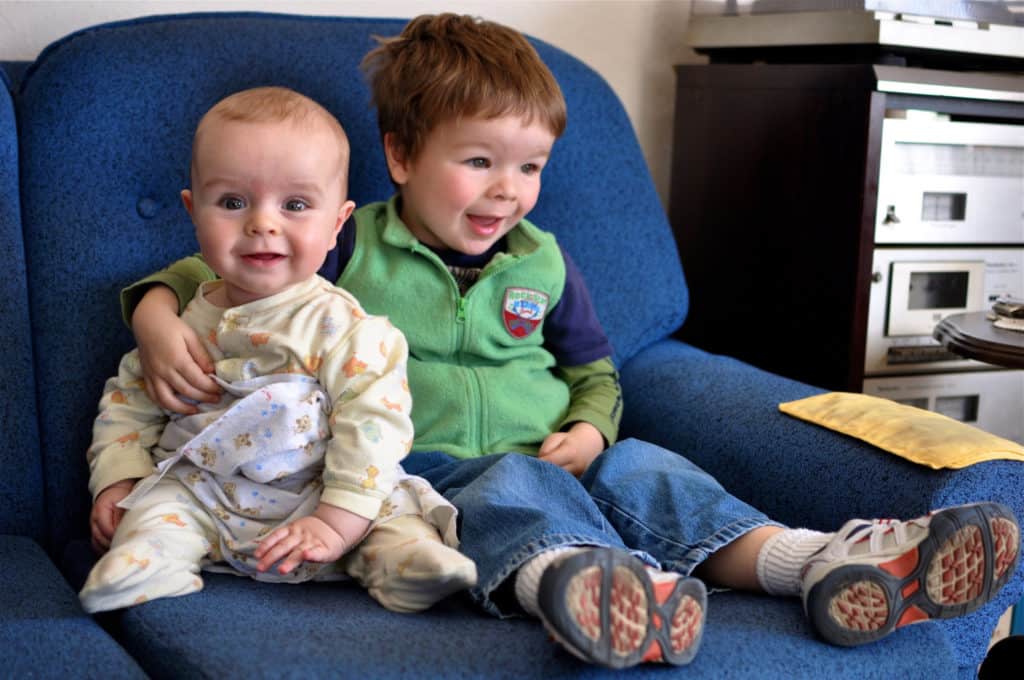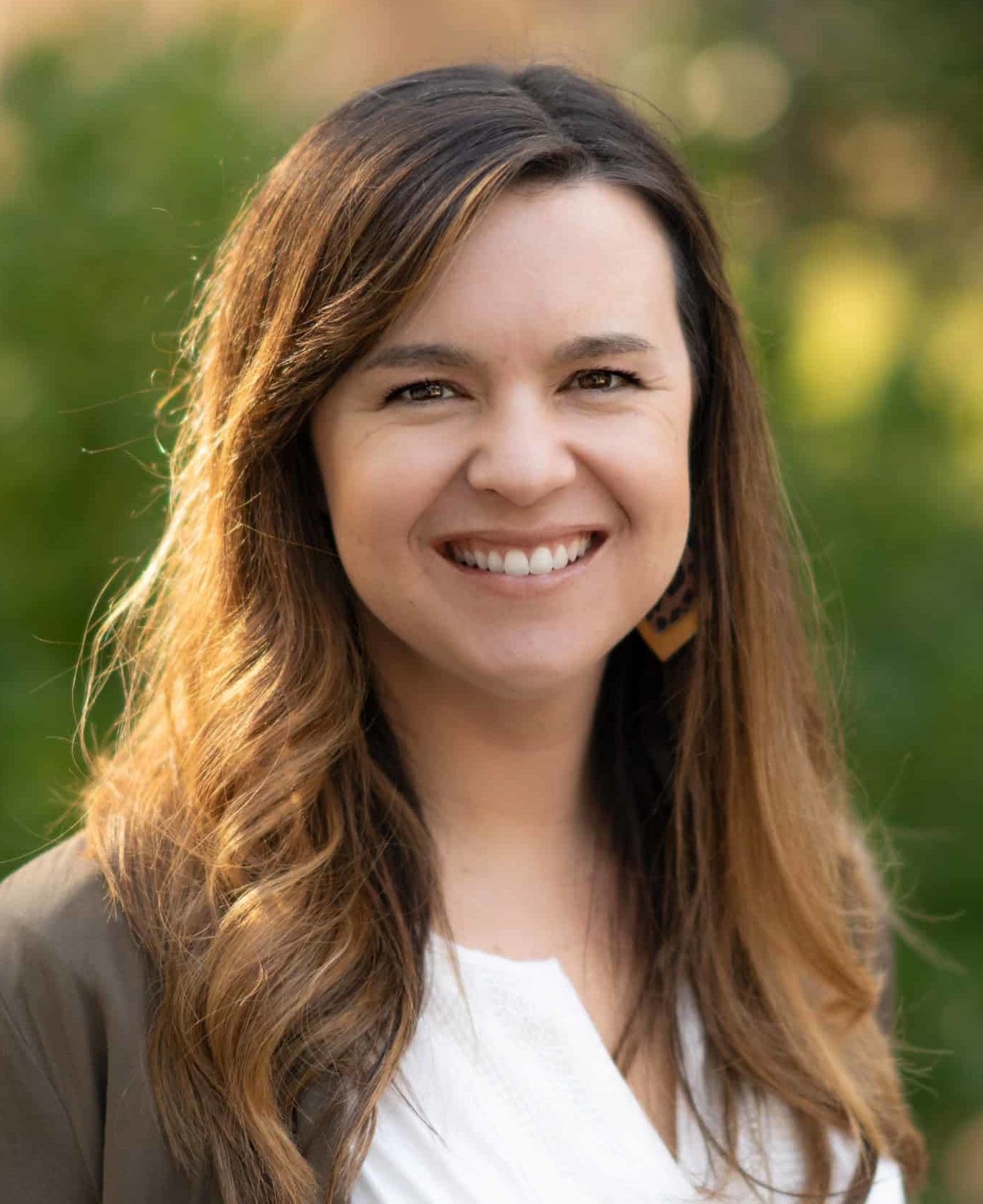You know what’s not really a fun topic of conversation? Death. That’s probably at the top of the uncomfortable discussions list, right?
But, you know what’s really an important topic of conversation? Death. Sometimes it belongs at the top of the list of conversations that need to happen.
At the recommendation of my awesome sister (who is part of the team launching this great website – check out some of her great workouts here!) I recently read Atul Gawande’s Being Mortal. In it, Gawande discusses the differences between the ways that humans spent their final years, weeks and hours a hundred years ago, with how we spend them today in western society. He also contrasts the methods of care most prevalent for the elderly in the United States at present with alternative options and the types of care the elderly (including his own grandparents) were/are likely to receive in his parents’ homeland, India.
In the book, Gawande describes the way his grandfather was treated in the last few decades of his life. He lived well past 100 and was cared for by his extended family in a way that allowed him to continue to live the life he loved until his death.
“He was surrounded and supported by family at all times, and he was revered—not in spite of his age but because of it. He was consulted on all important matters—marriages, land disputes, business decisions—and occupied a place of high honor in the family. When we ate, we served him first.” {Atul Gawande, Being Mortal}


I think I stopped reading for a moment at this point, just to ponder how radically different care for the aging — and respect for the aging — is today. The elderly seem more often the target of jokes than the recipients of respect in our society.
An important part of the premise of Being Mortal is that as modern medicine has advanced, we have become less able to come to terms with death, even when it’s knocking on the door. And, clearly related to this is that fact that today we’re more likely to “overact” to attempt to fight and stave off death with medical acts of heroism, which might actually do more harm than good. But our “overacting” can actually hasten death, completely change the experience of a person’s last days on earth, and reduce the time a person has to gain closure with loved ones and find a sense of peace before they pass on.
While Gawande isn’t writing from a Christian perspective, he is writing with the idea that there are greater and lesser ways for a person to spend their final years, and their final days on Earth.
So. Death. Is this something Christians ought to spend time thinking about?
“Teach us to number our days, that we may gain a heart of wisdom.” Psalm 90:12
As Gawande interwove his research with the stories of a few lives and deaths he’d encountered personally and professionally, I began to see emerging three important questions we would all do well to consider when it comes to numbering our days:
- How do my loved ones want to be cared for as they age?
- How do I want to be cared for, especially if there are circumstances which mean I might not be able to communicate my wishes?
- What am I going to do with the days I have between now and then?

I decided to do a little math (ya know, just for fun) and see how many days I might have left… and laugh at me because you know I’m a homeschooling parent, I made a funny little error. I was feeling generous and first said, “Okay, let’s say I live to be 85,” and without thinking I multiplied 85 by 365. That would give me 31,025 days right? Except I forgot to subtract the nearly 35 years I’ve already lived. Once I subtracted those 35 years and gave myself the 50, I realized I only have 18,250 left. That kind of seemed like a lot… but then, after looking at that grand total of 31 thousand something… it kind of didn’t.
In the most literal sense, taking a moment to “number our days” and think about how many days we might have left can really bring into perspective the idea that we aren’t going to live forever, and if we want to do something more than just trundle along and let life happen, we probably need to get our heads in the game and start making some decisions.
Michael Hyatt recently challenged my heart (or maybe even called my bluff?) by saying:
A goal without a date is a dream.
What he meant by that was that if you have ideas in your head of things you want to accomplish, but you’re not taking the time to make the necessary plans to see those goals accomplished, you’re really just dreaming. If you’re okay with having dreams but not putting your feet on the floor to see them happen, well, that’s fine — but don’t be surprised if life doesn’t hand you your dream and ask if you want fries with that next week.
I’m really grateful that I’m not the first Mom ever to have more than a kid or two. And about three years (and I think two kids) ago, I was visiting a friend of mine who had five kids at the time. She was a little further down the road than me in the homeschooling journey, and she was definitely further down the road in the parenting journey, and since I have more admiration and respect for her than you could fit in a backpack, I was busy making mental notes throughout our bit of time together.

As I watched her gently balancing a baby, an upset toddler moment or two, a few things that needed to be put away, and the little pile of this and that that had been swept but not delivered to the rubbish bin yet, this one sentence stuck out above everything else as something I felt I needed to write down and remember:
We can basically only do one thing a day.
What she meant by that was that with her five kids in tow, they weren’t going to be going to the library and the pool and stopping by Grandma’s and running to the grocery store. If they went to the library, that was probably the only adventure for that day. If they went to church on Sunday, they’d probably be home afterwards for the rest of the day, or just be out and about in their own neighborhood.
I thought long and hard about those words, and as two kids became three, and three became four, I began to see the wisdom in this slower pace. We could be running from this camp to that pool to this practice to that play date all summer long. But I’ve noticed whenever I try to squeeze more into a day than just one thing, I’m not exactly the Mommy I want to be to my kids. I’m not exactly patient. I’m not exactly relaxed. I’m not exactly peaceful. And the kids? Well, you know that old saying about them being mirrors? Truth.
When I drag my kids from this to that to the other in the name of “full” I end up feeling like the day has, in some strange way, also been empty. I never really got a chance to connect with each of their hearts. We never rubbed shoulders side by side on the couch reading a book, or got into more than a brief logistical conversation. The kids develop little “behavioral patterns” — but I’m so bent on doing the things, that that main thing — training them up in the way they should go — becomes a sort of side thing that I hope to be able to do when we’re not so dang busy. When I don’t speak to the patterns, they become habits. The kids’ patterns… and mine.
So, I’m recognizing this is the deal for this season of my life: based on the current nap schedule, and the idea that we will perhaps do one thing most days, my personal achievements are not likely to stretch far past one thing on any given day.
Besides your normal day to day responsibilities — whether it’s laundry or bookkeeping or bum-wiping or meal-cooking or teaching or homeschooling or all of the above — the time that you have is limited, and the quality time that you can devote to the things that seem like the big things? It’s probably even smaller than you think. Not just the number of days you have left — but the numbers of hours you have inside of those days for doing those big things.
What an irony to stumble upon: when I try to do less things, I seem to get more done. The right more. The good more.
And this is where I’ll leave you with a challenge. Take a minute to number your days. And perhaps even check out Being Mortal at the library or grab it on Amazon.
If you find yourself thinking, “Heck! I’ve got a lot to do and not much time to get it done!” don’t freak out. Come back for my next post, where I’d love to share a resource or two with you for turning those dreams into goals. And figuring out which goals are the best ones to begin with.
To you precious and incredible readers who’ve taken the 2016 Reader Survey — thank you again and again. It has been a gift to my soul. I hope to keep writing to bless your hearts. And if you haven’t but want to? Click here.
With Love…
xCC
My posts sometimes contain affiliate links. Thanks for supporting and sharing the love.

 I create resources to help people find deeper, more meaningful relationships with God through pursuing, pondering, and prayer. The "Shop" link above will take you to the home of many of the lovely resources I’ve created to help you keep walking one day deeper with Jesus.
I create resources to help people find deeper, more meaningful relationships with God through pursuing, pondering, and prayer. The "Shop" link above will take you to the home of many of the lovely resources I’ve created to help you keep walking one day deeper with Jesus.
Trackbacks/Pingbacks